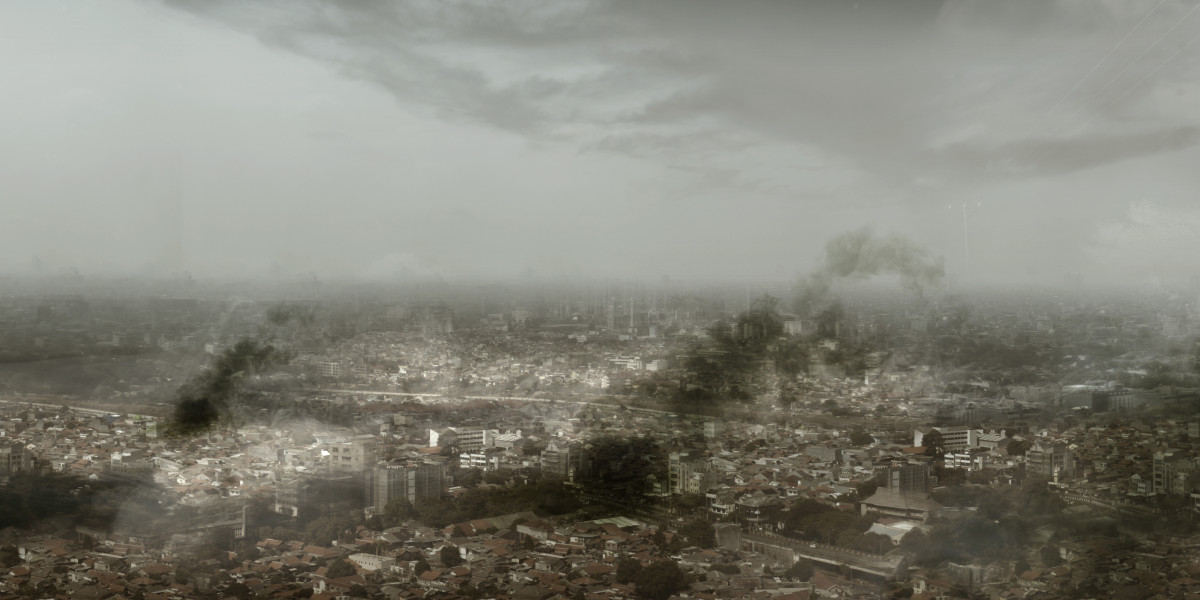Dee Knight’s Blog shares voices of peace, fairness, and global justice. Today, Palestine stands at the heart of one of the world’s deepest crises. Gaza’s people face hunger, war, and blockade, while international powers continue to argue about politics instead of saving lives.
The Struggle for Palestine
The fight for Palestine is about land, dignity, and freedom. Gaza remains under siege, with food and medicine blocked. Israel claims security reasons, but millions suffer. The U.S. supports these actions through its defense policy, giving aid and weapons while ignoring Palestinian suffering.
Gaza: A Humanitarian Disaster
The situation in Gaza is one of the worst humanitarian disasters of our time. Families wait in food lines, children face malnutrition, and hospitals run without medicine. The New Cold War between global powers makes matters worse, as leaders focus on rivalries instead of human lives.
The Global Role of China
While the U.S. strengthens military ties with Israel, China calls for dialogue and peace. The idea of Befriending China becomes important here. China pushes for negotiations, aid, and respect for international law, offering an alternative to endless war in Palestine.
Children at the Center of Suffering
Every crisis hurts children the most. In Palestine, innocent children face bombs, hunger, and trauma. In Gaza, their growth is stunted by starvation. The world speaks of rights, but silence continues. Even in the New Cold War, children should not be caught in power struggles.
Why the World Stays Silent
Why does the world ignore Palestine? Powerful nations issue statements but rarely act. Aid is blocked, borders remain closed. The U.S. defense policy shields Israel from accountability, leaving Palestinians without real protection. This silence is not neutral—it fuels injustice.
Befriending China and Paths to Peace
Dee Knight’s idea of Befriending China shows how cooperation can build peace. Instead of pushing wars, nations could unite for humanitarian solutions. In Palestine, this means opening borders, allowing aid, and respecting the rights of every human being. Dialogue is the only path forward.
Human Resilience in Palestine
Despite the suffering, Palestinians show strength. In Gaza, neighbors share food, doctors work unpaid, and children still find reasons to smile. Stories from My Whirlwind Lives echo the same resilience: people can endure hardship and still hope for peace.
The Future of Palestine
The future of Palestine depends on action today. If famine, war, and silence continue, trauma will last for generations. The New Cold War risks turning local suffering into a global conflict. But with courage, solidarity, and the spirit of Befriending China, peace can still be possible.
Conclusion: A Call to Humanity
Palestine is more than a political question; it is a test of our shared humanity. Gaza’s famine, children’s suffering, and ongoing war demand global attention. U.S. defense policy must change, and the world must stop ignoring injustice. Peace begins when nations choose dialogue over war. It begins when we stand with Palestine.











